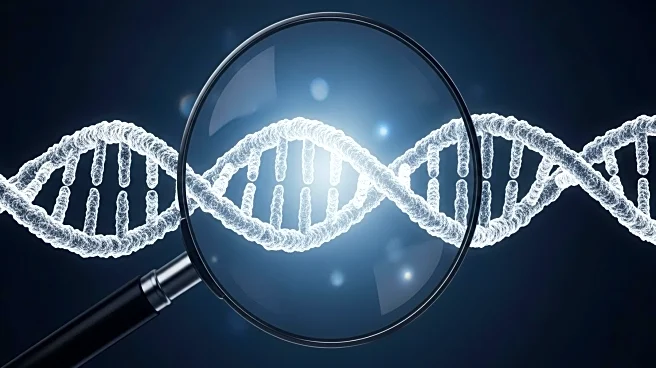What is the story about?
What's Happening?
A recent study has uncovered a genetic secret to the longevity of naked mole rats, which are known for their unusually long lifespan of up to 40 years. Researchers at Tonji University in Shanghai have identified a DNA repair mechanism in these rodents that may explain their resistance to age-related diseases such as cancer and arthritis. The study, published in the journal Science, focuses on a protein involved in DNA damage sensing and repair. Unlike in humans, where this protein can interfere with DNA repair and potentially promote cancer, in naked mole rats, it aids in maintaining the integrity of the genetic code in cells. This discovery could provide insights into human aging and longevity.
Why It's Important?
The findings from this study are significant as they offer potential pathways for understanding and possibly extending human lifespan. Naked mole rats' resistance to age-related diseases and their efficient DNA repair mechanisms could lead to breakthroughs in medical research, particularly in developing treatments for cancer and other degenerative diseases. By studying these rodents, scientists may uncover new strategies to enhance DNA repair in humans, potentially reducing the incidence of age-related diseases and improving overall health and longevity.















